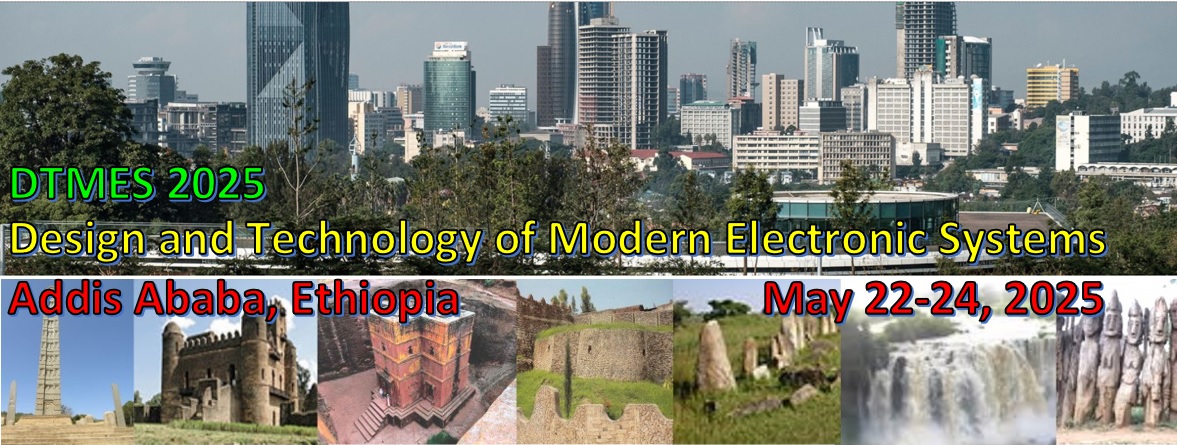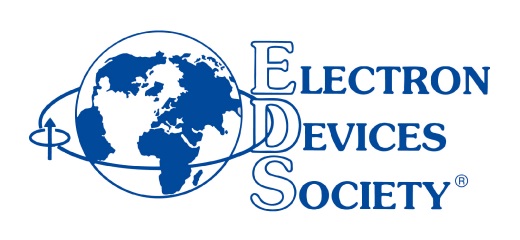DTMES 2022 - Presentation
Daniel Dilbie Tessema,Lecturer, AAiT
Abstract - Highly Efficient and integrated power converters are one vital requirement in modern day electronics systems, especially when moving towards mobile applications where the reliability and success of an electronic device depend on the efficiency and robustness of the power converter unit. In response to that, power converters are becoming smaller, lighter in weight, more reliable, more efficient (lower losses), cheaper and are able to operate at much higher voltages, currents and frequencies. However, there is still a growing need for the design and fabrication highly-efficient integrated power converters. Especially, in space applications where increased radiation levels combined with high temperature swings are common, power converter units are expected to be highly efficient, robust and reliable to down-convert the high voltage output of solar panel to a usable voltage level to supply the electronics on-board. In this talk, a flexible controller for different improved topologies for radiation hard power converters will be developed and investigated. The focus is on developing a controller that can be flexibly used for various converter topologies to achieve robustness in terms of reliability, power efficiency over time as well as the output voltage stability. To increase the reliability, and avoid self-destruction of the high-voltage (100-200V) power switches, some surrounding circuitry is needed to protect the power switch against heavy ion strikes. A possible solution is making use of cascaded switches, which can protect each other, be it at the cost of an increased series resistance and chip area. The problem of a decreasing power efficiency over time can be addressed by putting on-chip calibration circuitry to control the output resistance as well as the switching slope. This, however, has never been demonstrated before. Last but not least, to address the varying output voltage as a result of single-event transients, the control electronics needs to be adapted: sensitive nodes need to be identified, circuit topologies and sizing adapted and redundancy needs to be added.

Daniel Dilbie Tessema obtained his B.Sc. and M.Sc. degrees in Electrical and Microelectronics
Engineering from Addis Ababa University, Ethiopia, in 2007 and 2011 respectively. Daniel is a PhD candidate working on Fault tolerant
systems at Addis Ababa University in collaboration with KU Leuven of Belgium. He is currently serving as a senior lecturer in the School of
Electrical and Computer Engineering (SECE), AAiT of AAU. His research
interest areas include but not limited to Analog, Digital and Mixed Signal Systems Design, Biomedical Devices, Sensor Networks, Power Electronics and Intelligent Interfaces..




